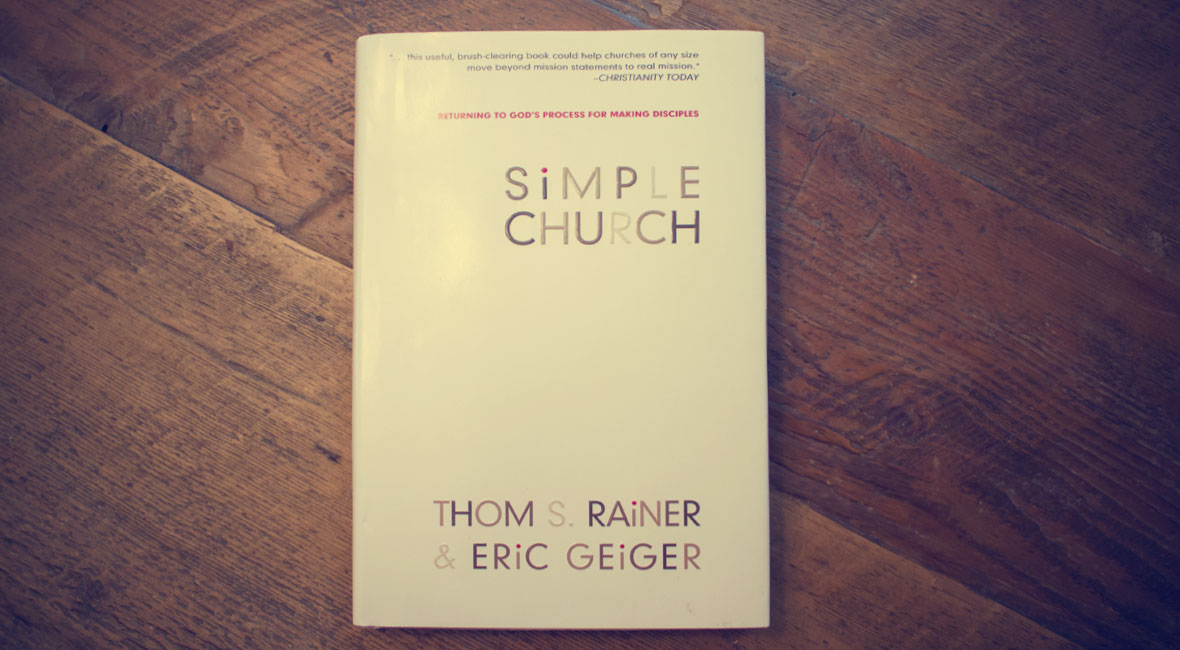I’ve begun reading Walter Brueggemann again. This time I’ve picked up a little book called Hopeful Imagination: Prophetic Voices in Exile.
The spirit of the age, he argues, is one of autonomy. Everybody is an authority unto themselves. We all do as we please.
There was a similar spirit making the rounds in Jeremiah’s Jerusalem. Just listen to the people’s attitude reflected in Jeremiah 18:12. But they will reply, ‘It’s no use. We will continue with our own plans; we will all follow the stubbornness of our evil hearts.’” We’re all going to do what we want to do.
Jeremiah, on the other hand, had a deep and unshakeable sense that God had called him to the prophetic ministry, and as a result, God had certain claims upon his life. “Such a call is not an event, but an ongoing dynamic of a growing and powerful claim.” (18)
Such a sense of call in our time is profoundly countercultural, because the primary ideological voices of our time are the voices of autonomy; to do one’s own thing, self-actualization, self-assertion, self-fulfillment. The ideology of our time is to propose that one can live “an uncalled life,” one not referred to any purpose beyond one’s self.
You’ve probably heard the phrase, “God loves you and has a wonderful plan for your life.” Let’s assume that this is true. Historically, Christians have understood this “wonderful plan” in terms of God’s call on your life. The specifics are different for everyone, but the implications are universal.
If God has called you, then he has called you to life in the context of his kingdom and within the purpose of his mission.
Because God has called you to life in his kingdom and for the purpose of his mission, you are subject to his rule and his purposes. You cannot simply do what you want.
Life in God’s kingdom and for his mission happens in the Church. Specifically, for you, it happens in the context of the local congregation to which you belong.
God has ordained certain men and women to exercise leadership and authority within your congregation. This authority is exercised in the name of, and in the manner of, Jesus Christ.
For the sake of the vitality of his kingdom and the accomplishing of his mission, God has proclaimed that there must be order within the churches. Just as in your family, one important component of church order is submission to the leadership of the church. You cannot simply do what you want. (Of course, neither can your leaders. But that side of the equation has been beaten like a dead horse. It’s the other side that needs to be addressed today.)
Submission to your leaders is an act of discernment of the motives of your heart.
Therefore, for the sake of God’s kingdom and mission, you are subject to the leaders of your church.
No one, at least no Christian, can lead an uncalled life. Neither can any Christian lead an unsubmitted life.
This means that, if you are to live into your calling, then you must listen to, even submit to, your leaders. This is an activity that can only be accomplished in the power and wisdom of the Holy Spirit. It is an act of discernment of the faithfulness of your leaders, and perhaps more importantly, of the motives of your own heart.
We crave autonomy, but autonomy is incompatible with the God-called life. You are subject to God. And you are subject to the authorities he has placed in your life.
Consider that, as you faithfully pursue this calling, God will some day place you in a position of authority in your church. Having practiced submission already, you will be more equipped to lead those in your care. You might even say that submission, over time, will give you a certain moral authority that is otherwise impossible to attain.



